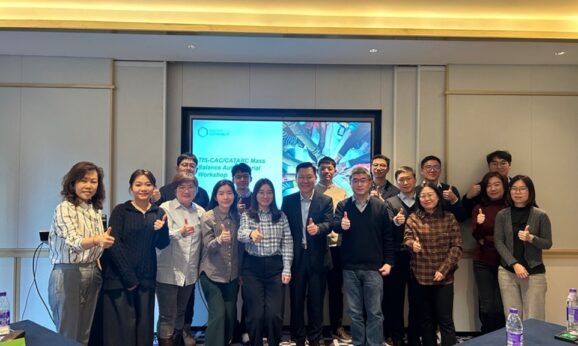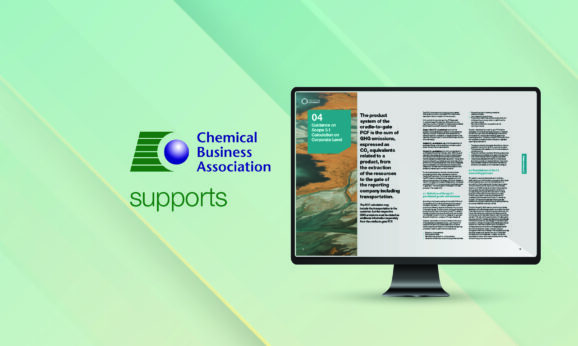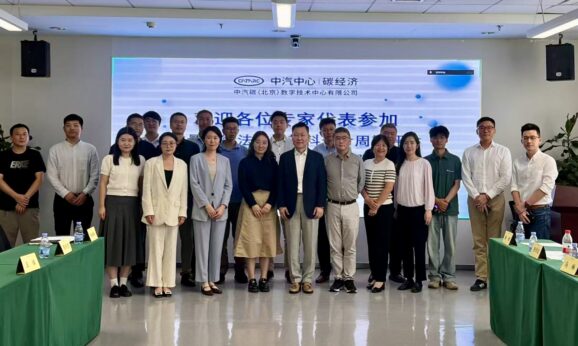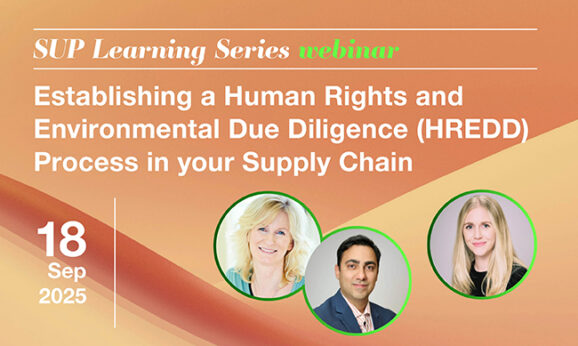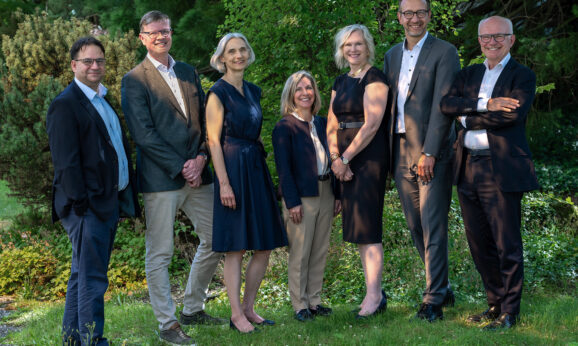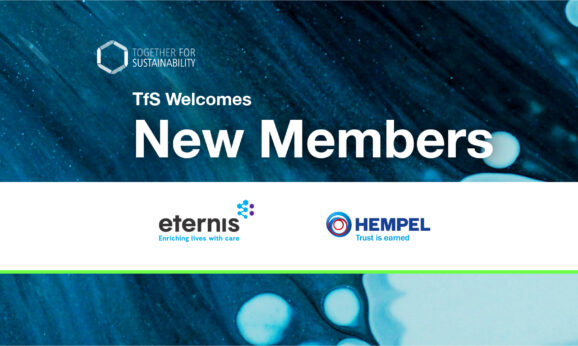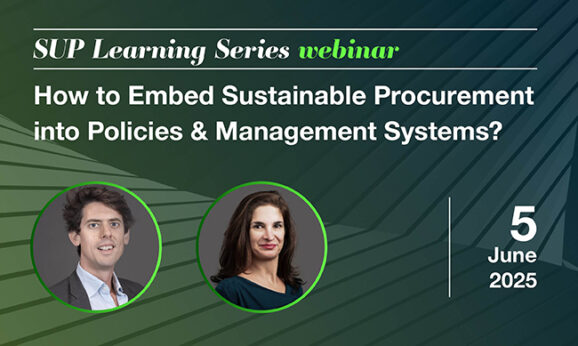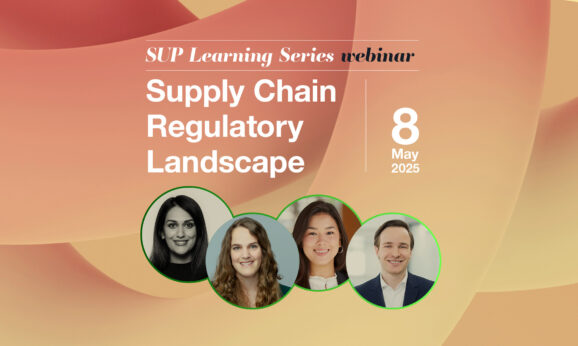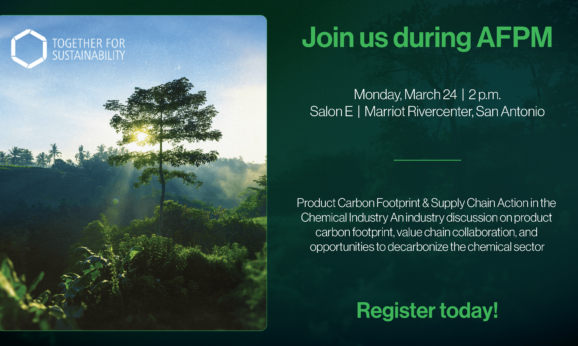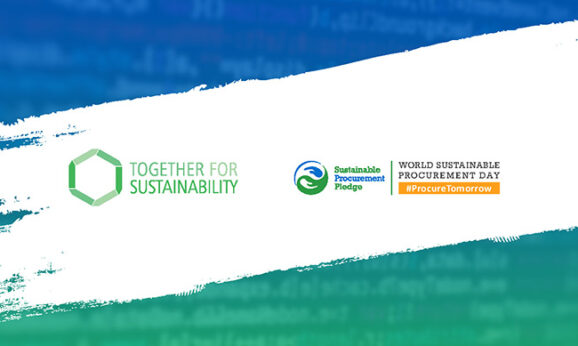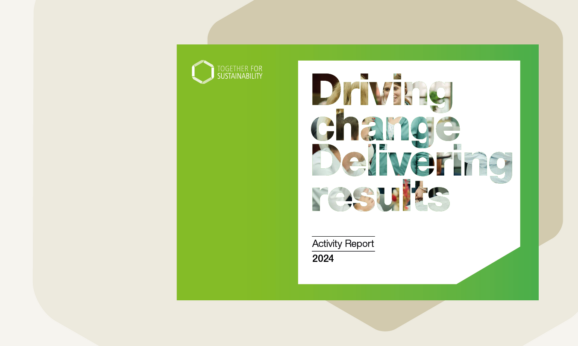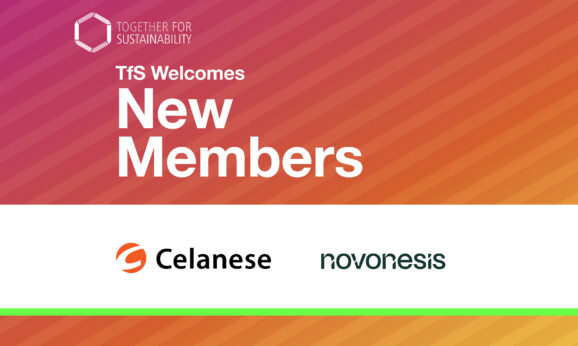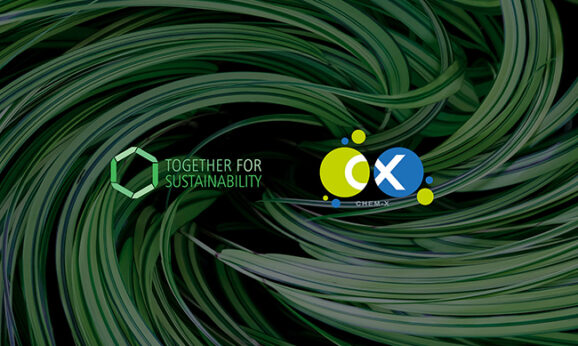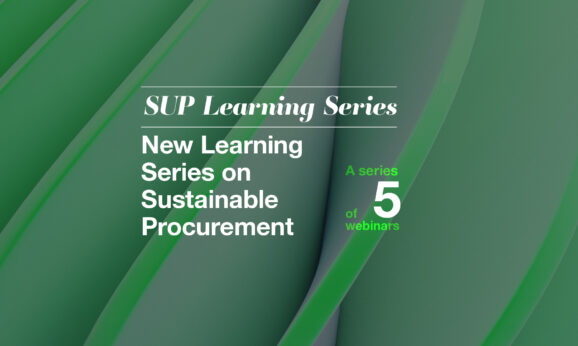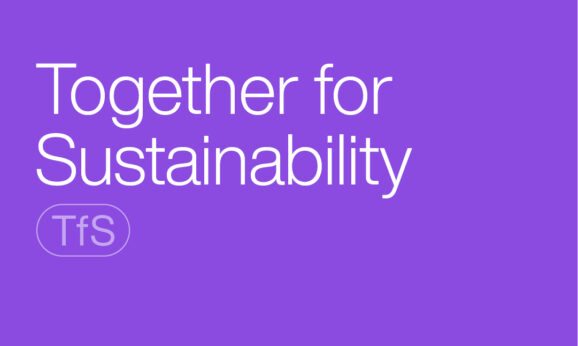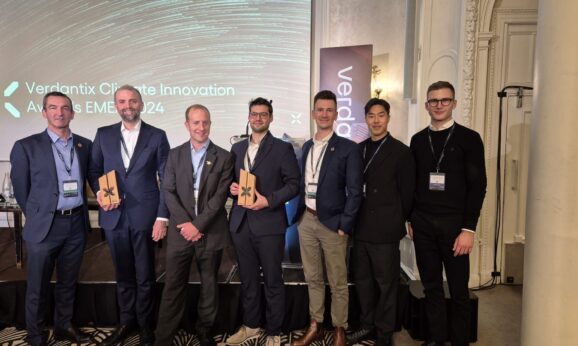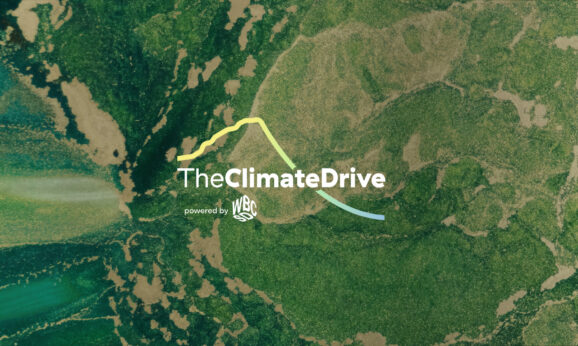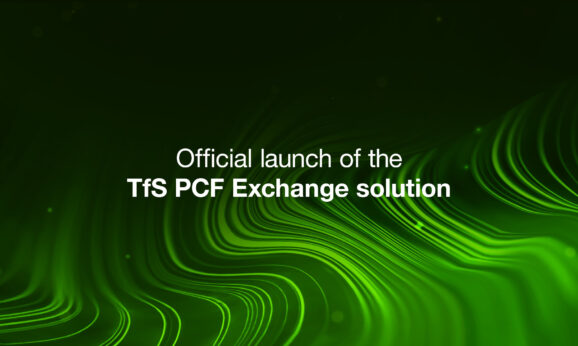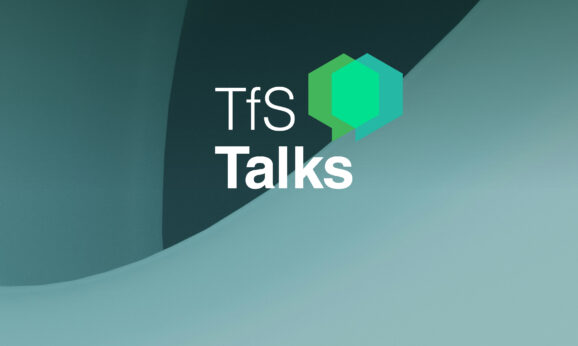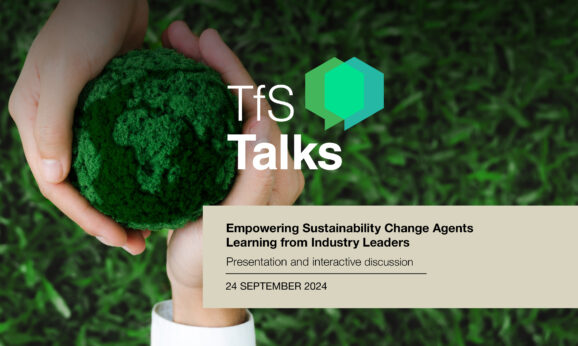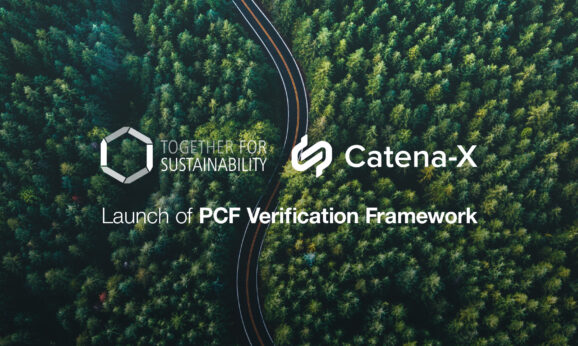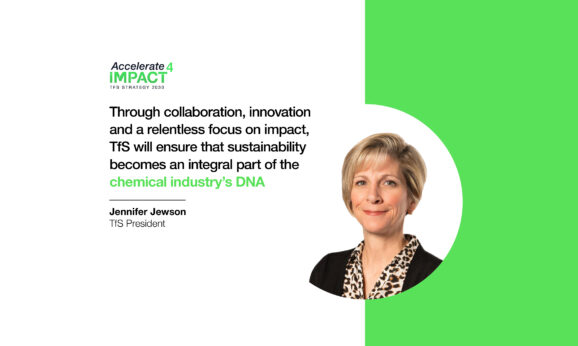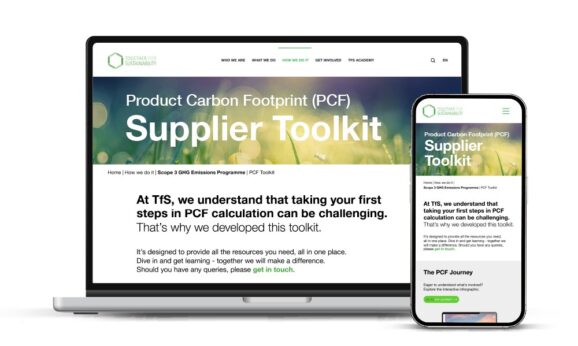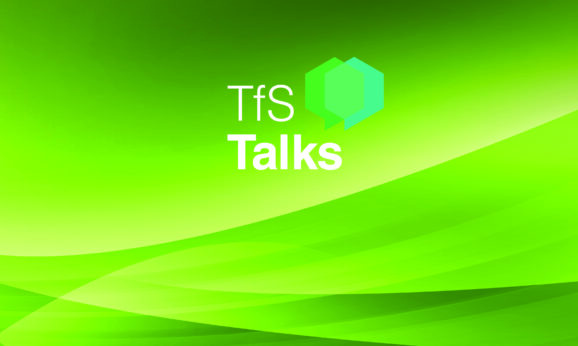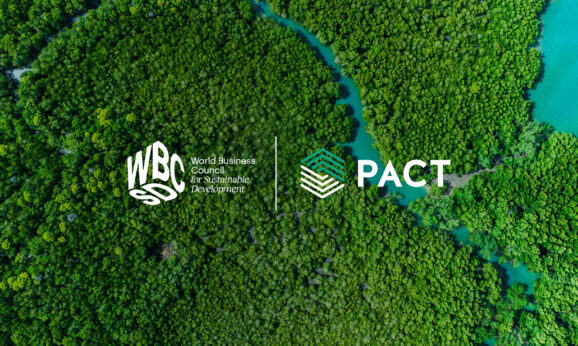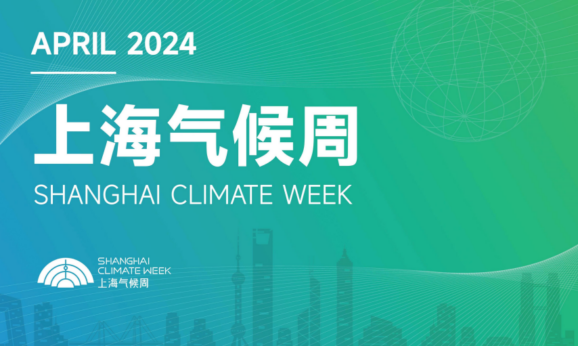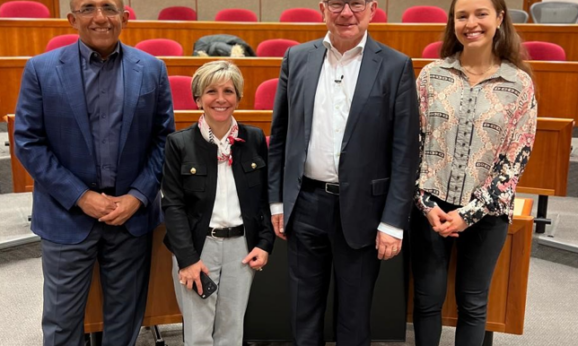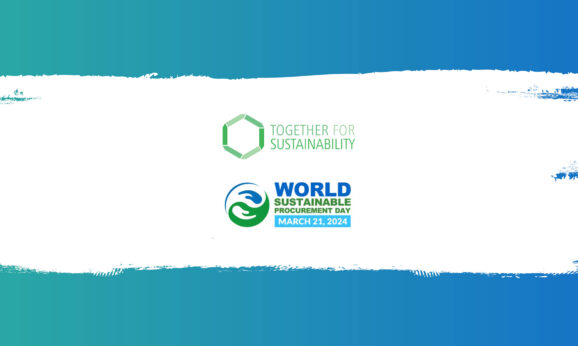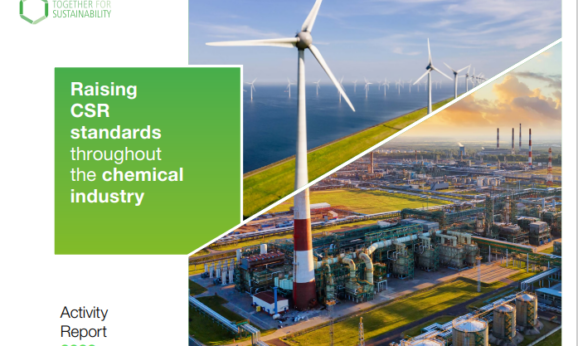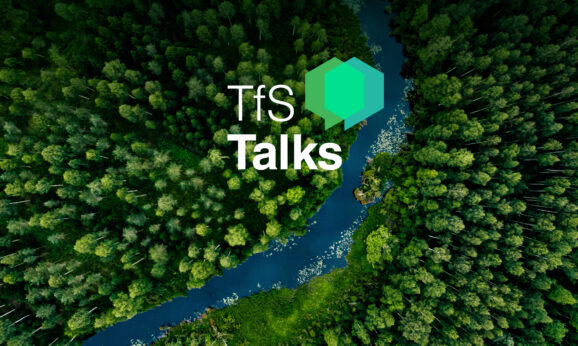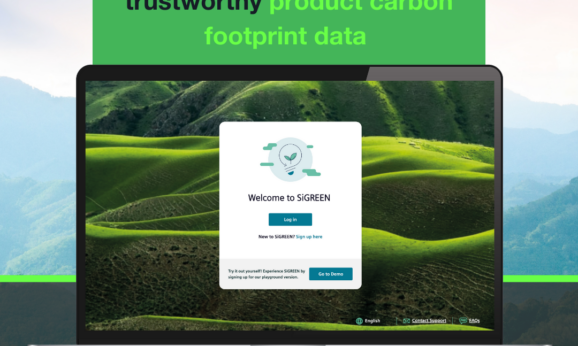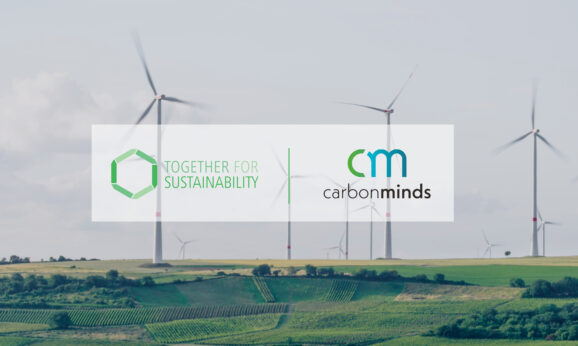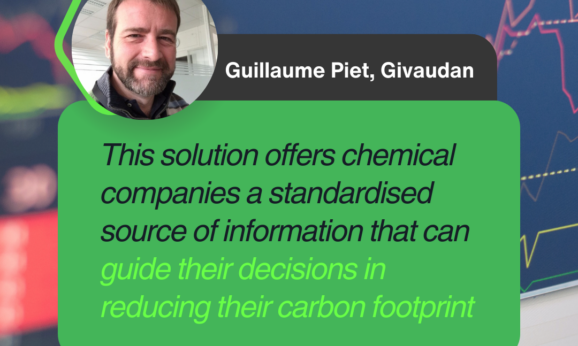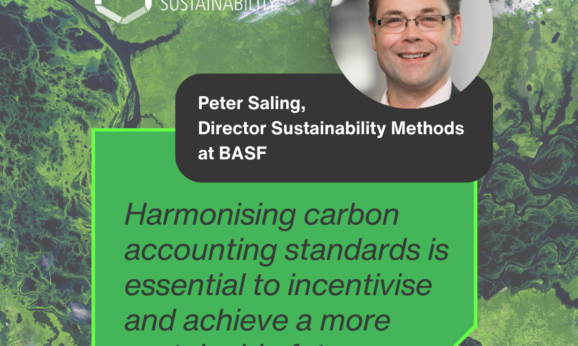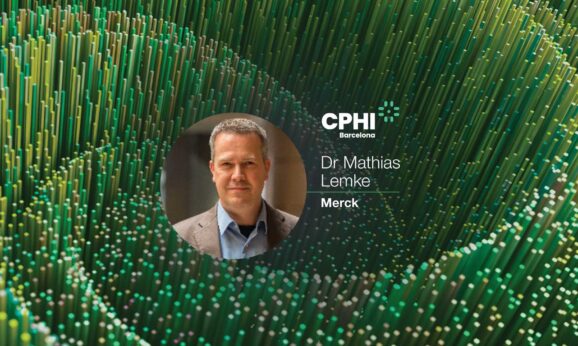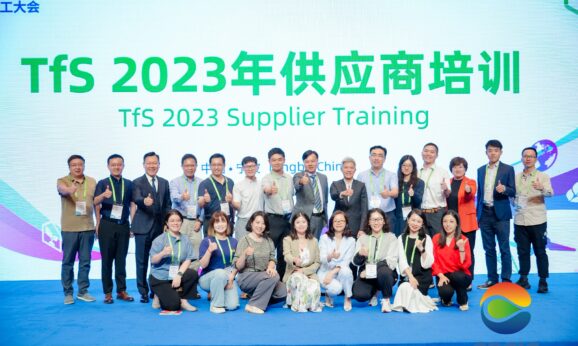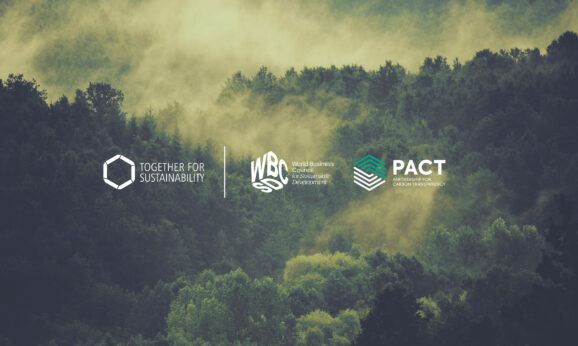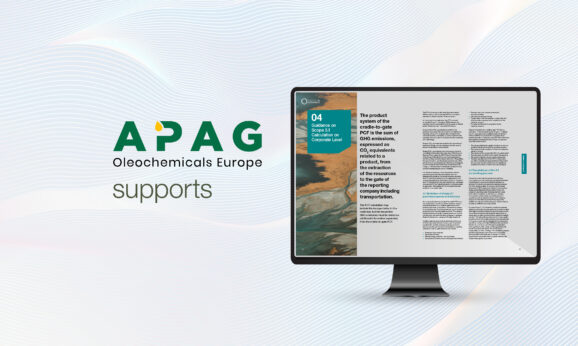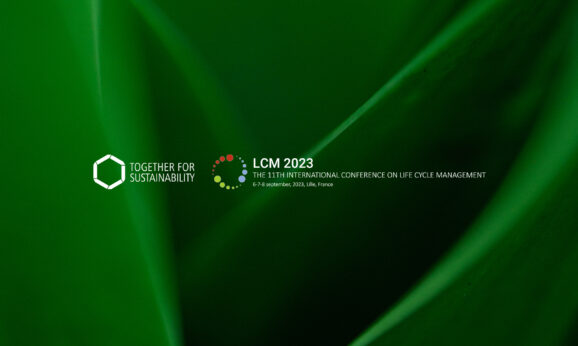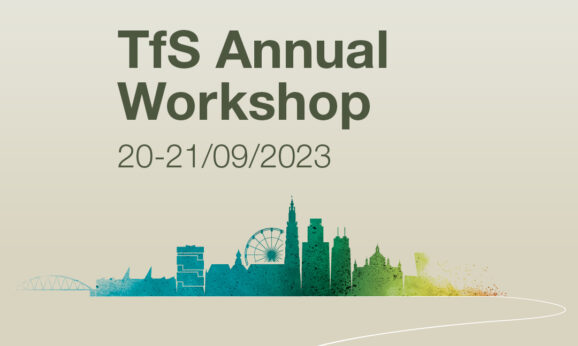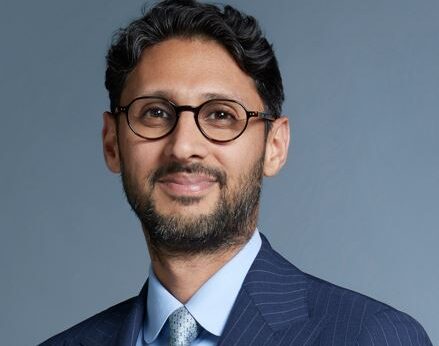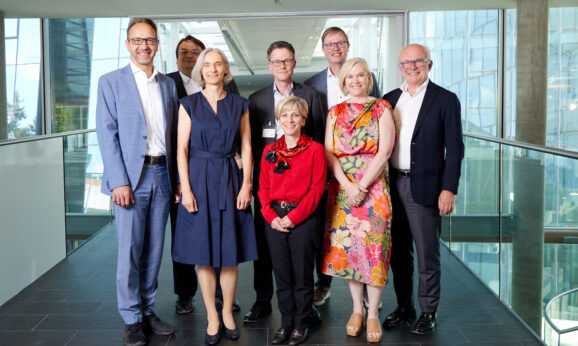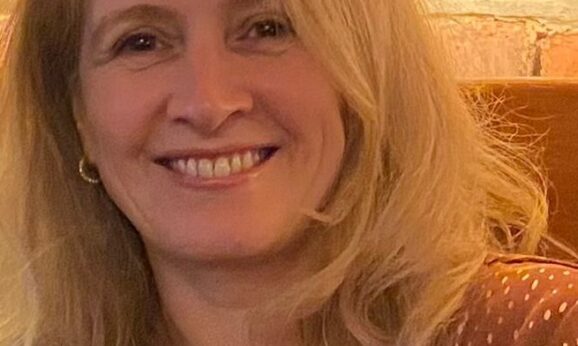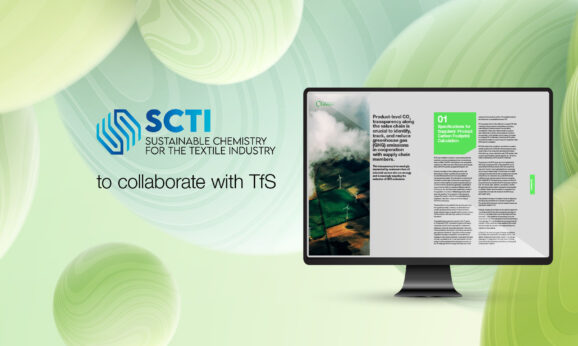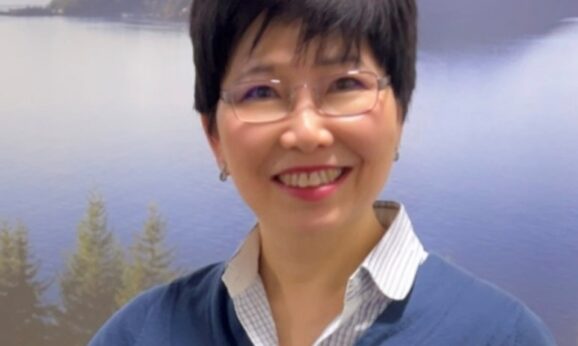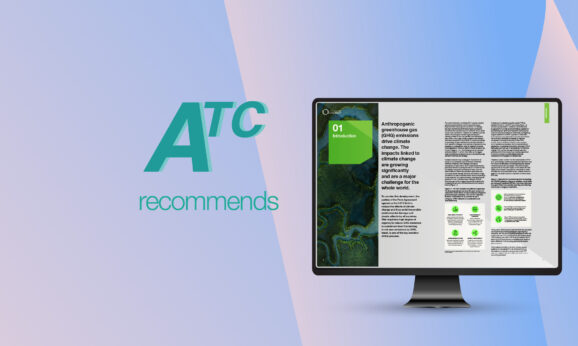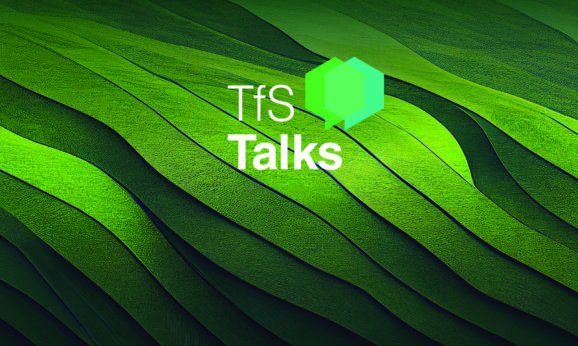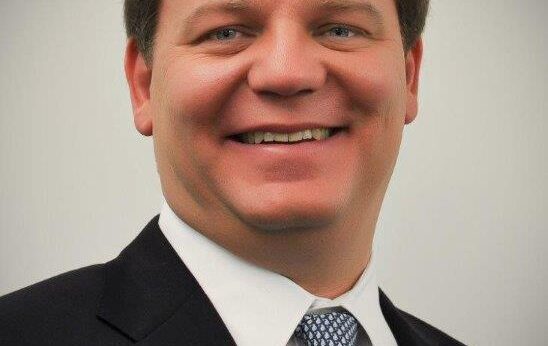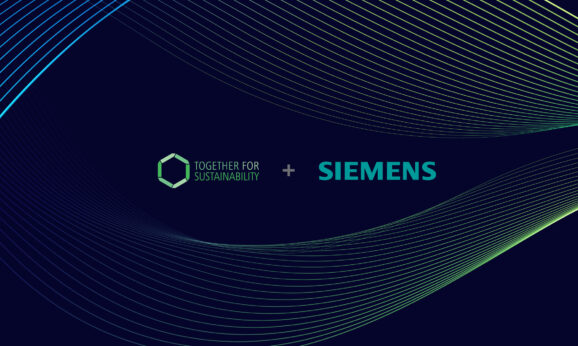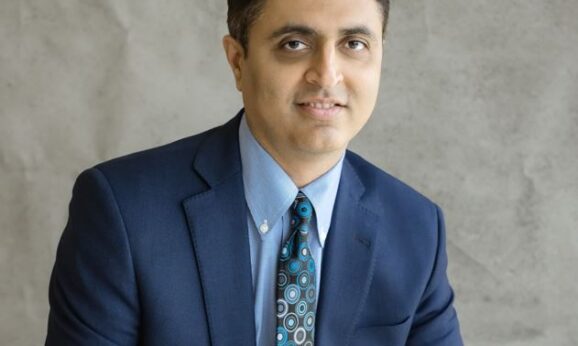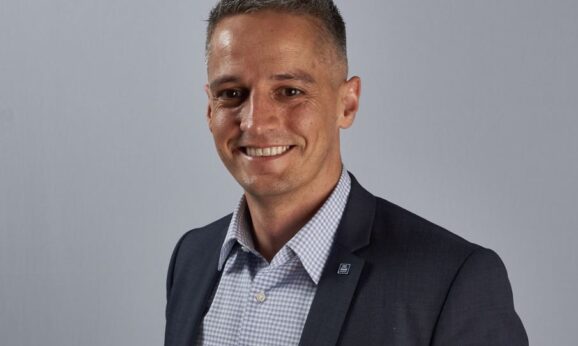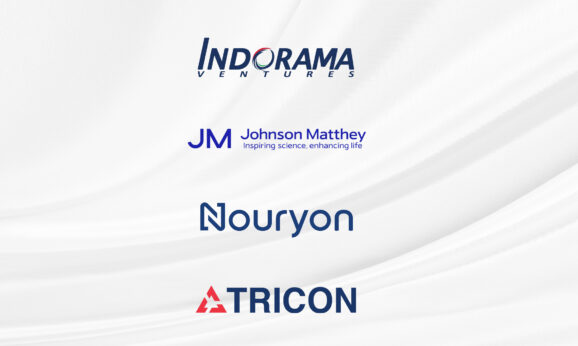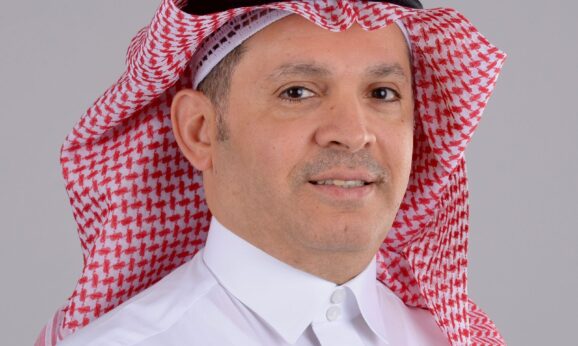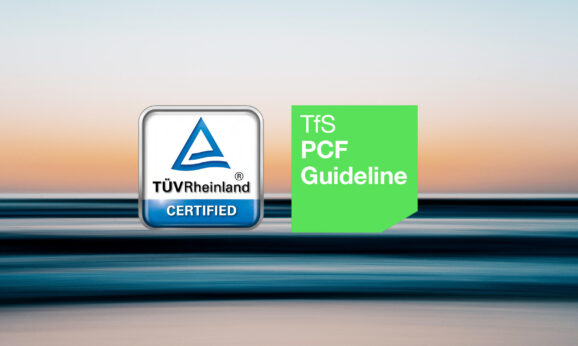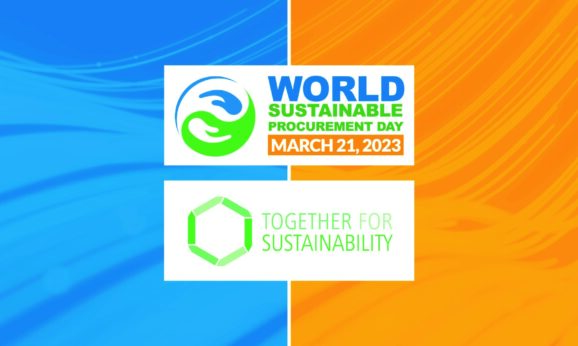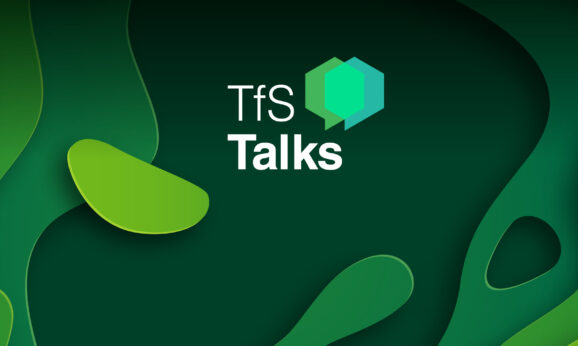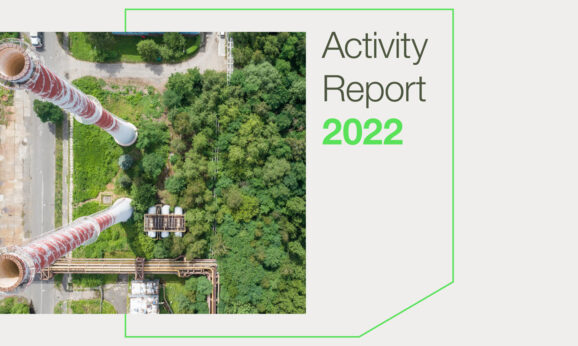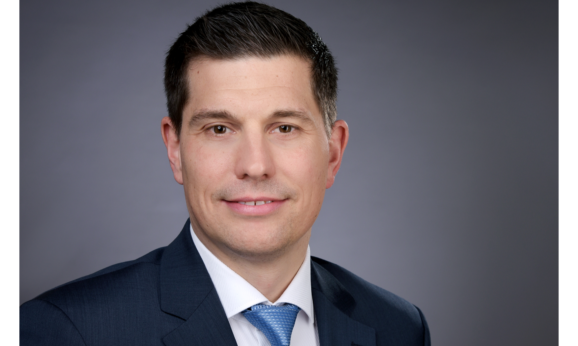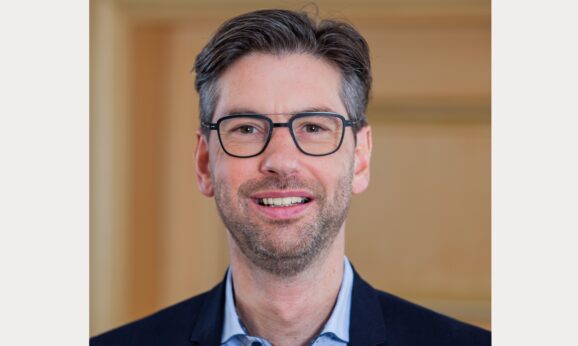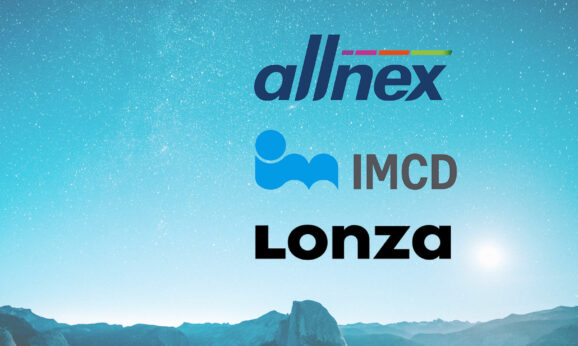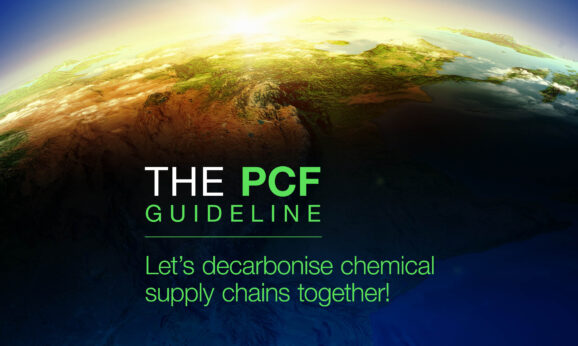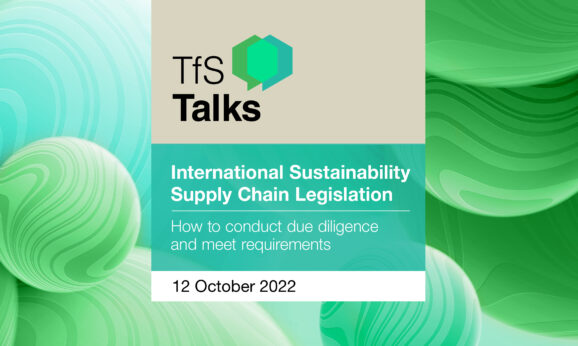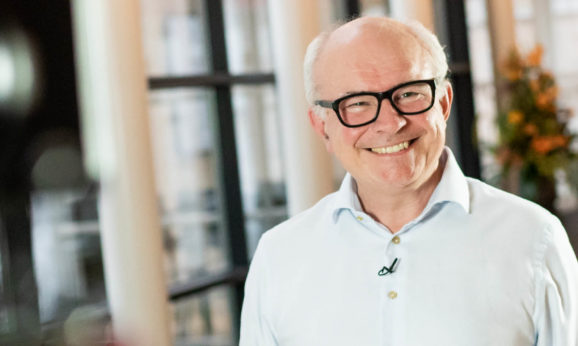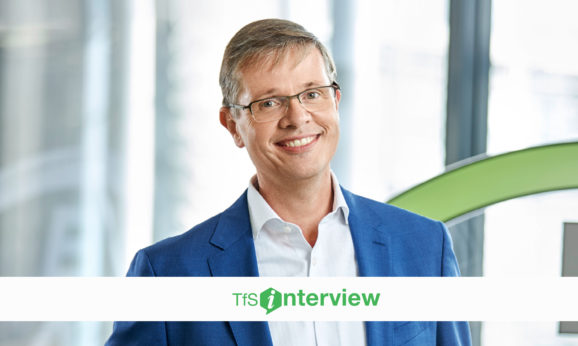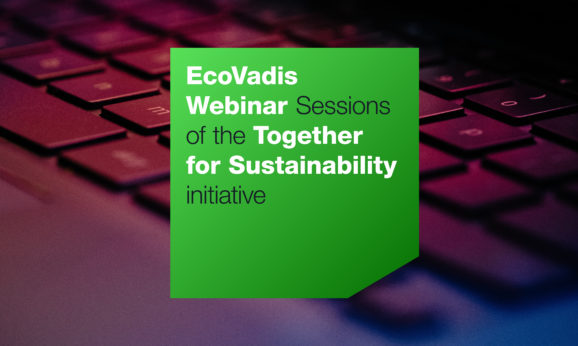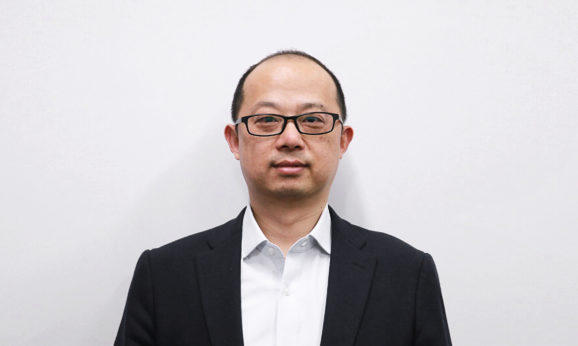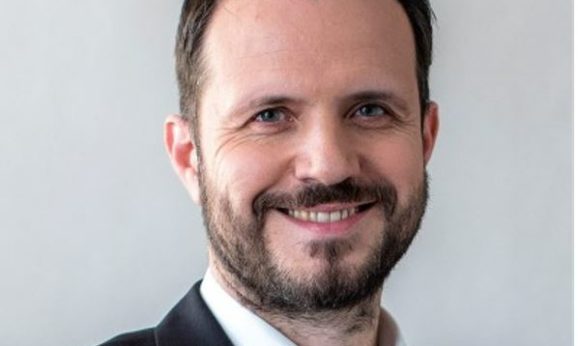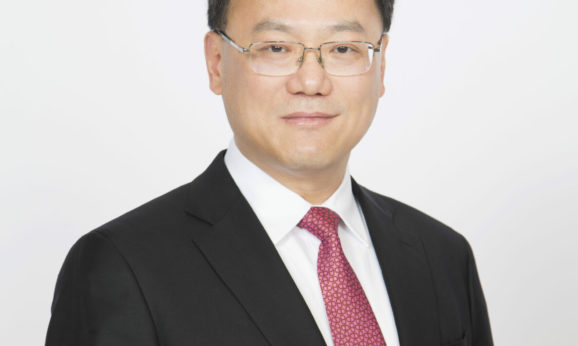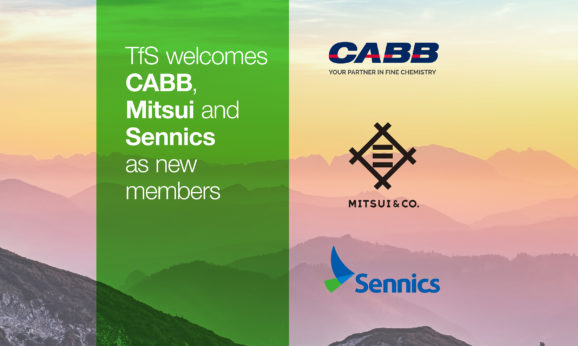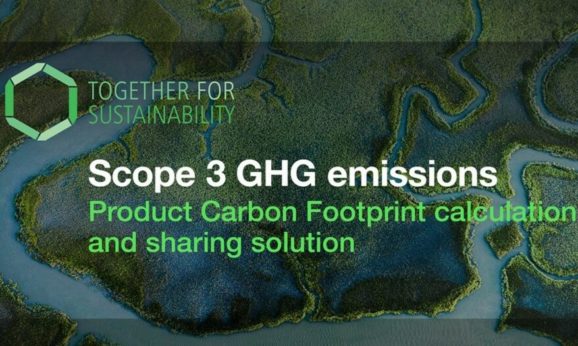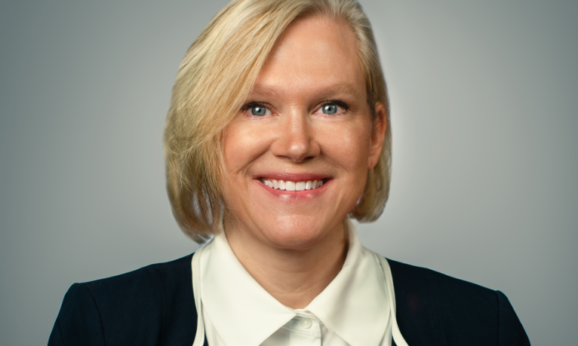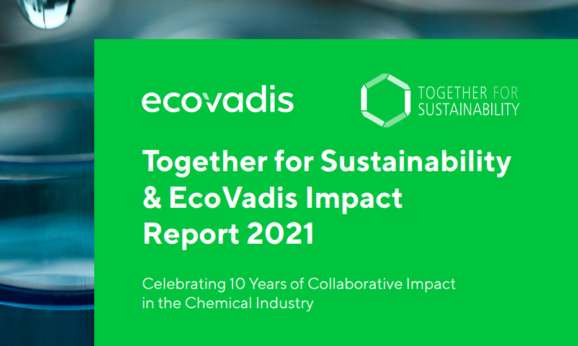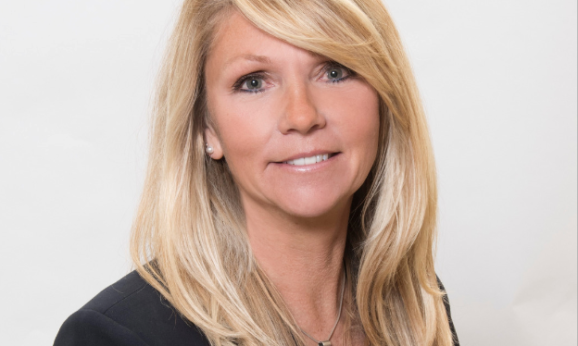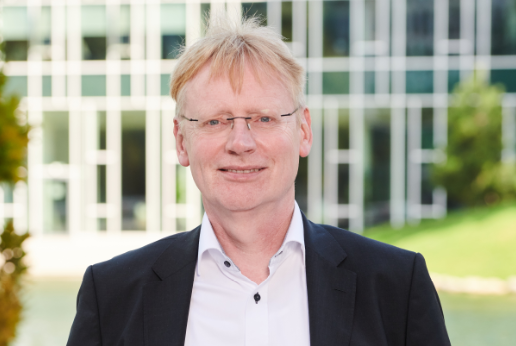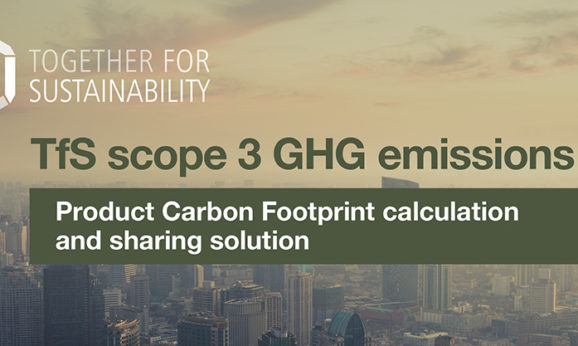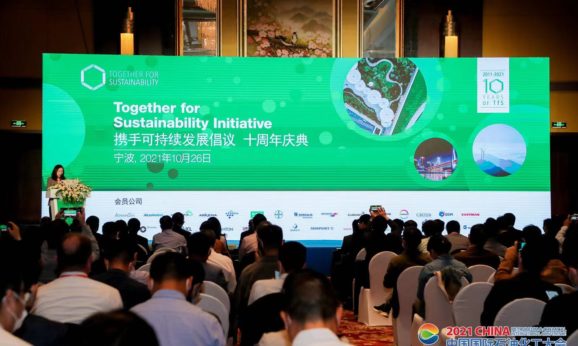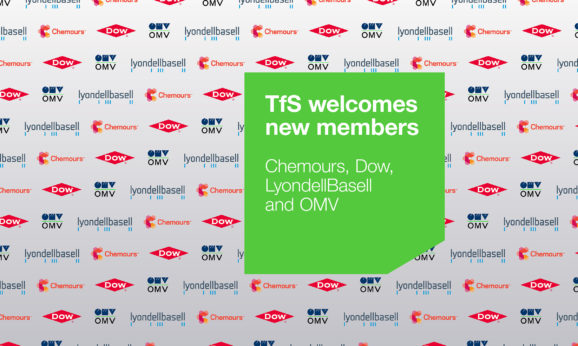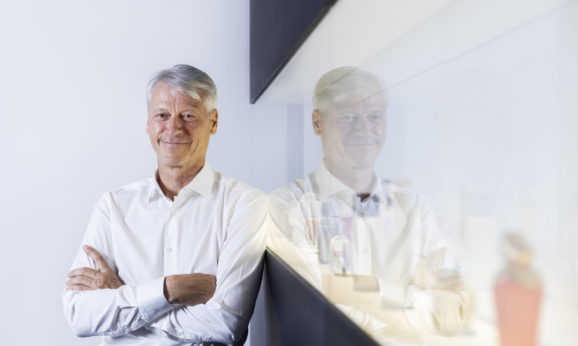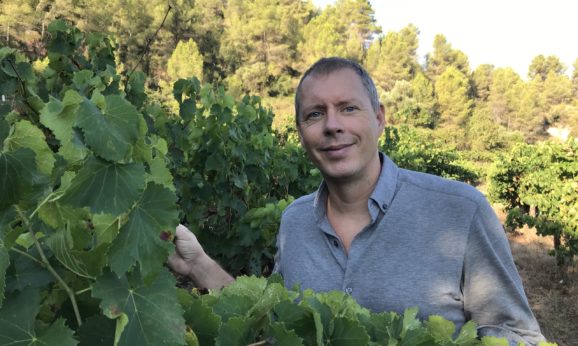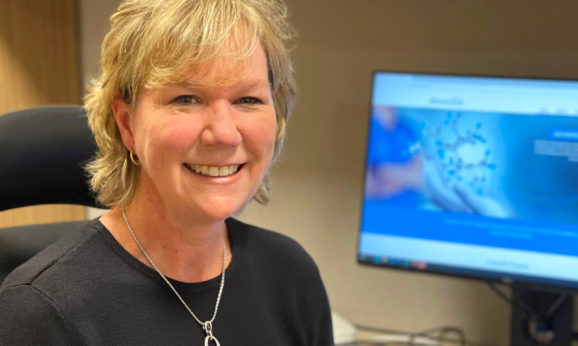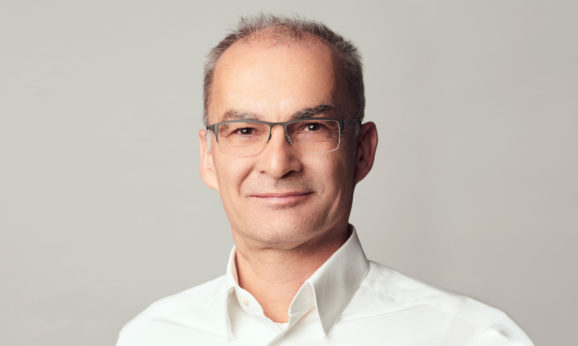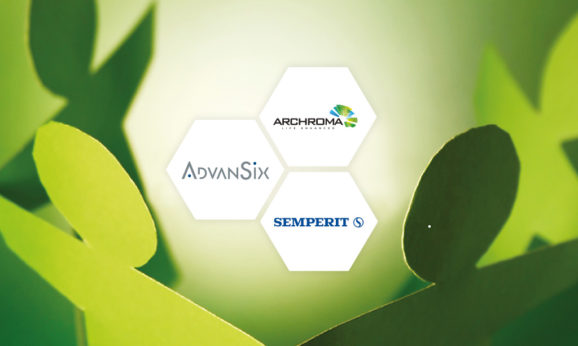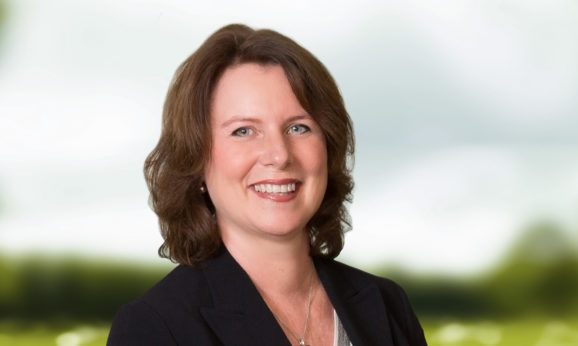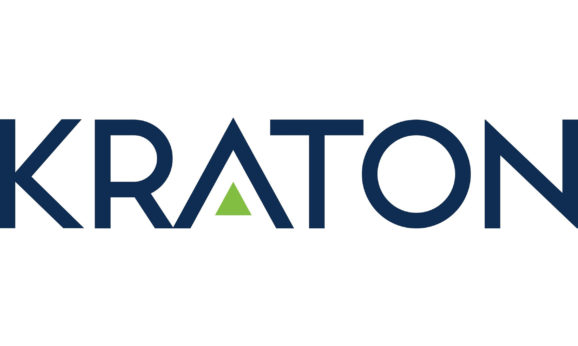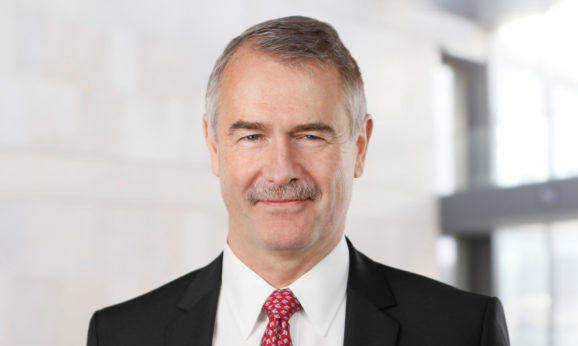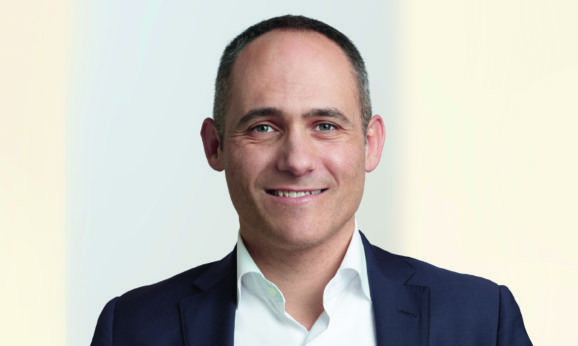Interview with Michelle Fargen, Croda, on joining TfS
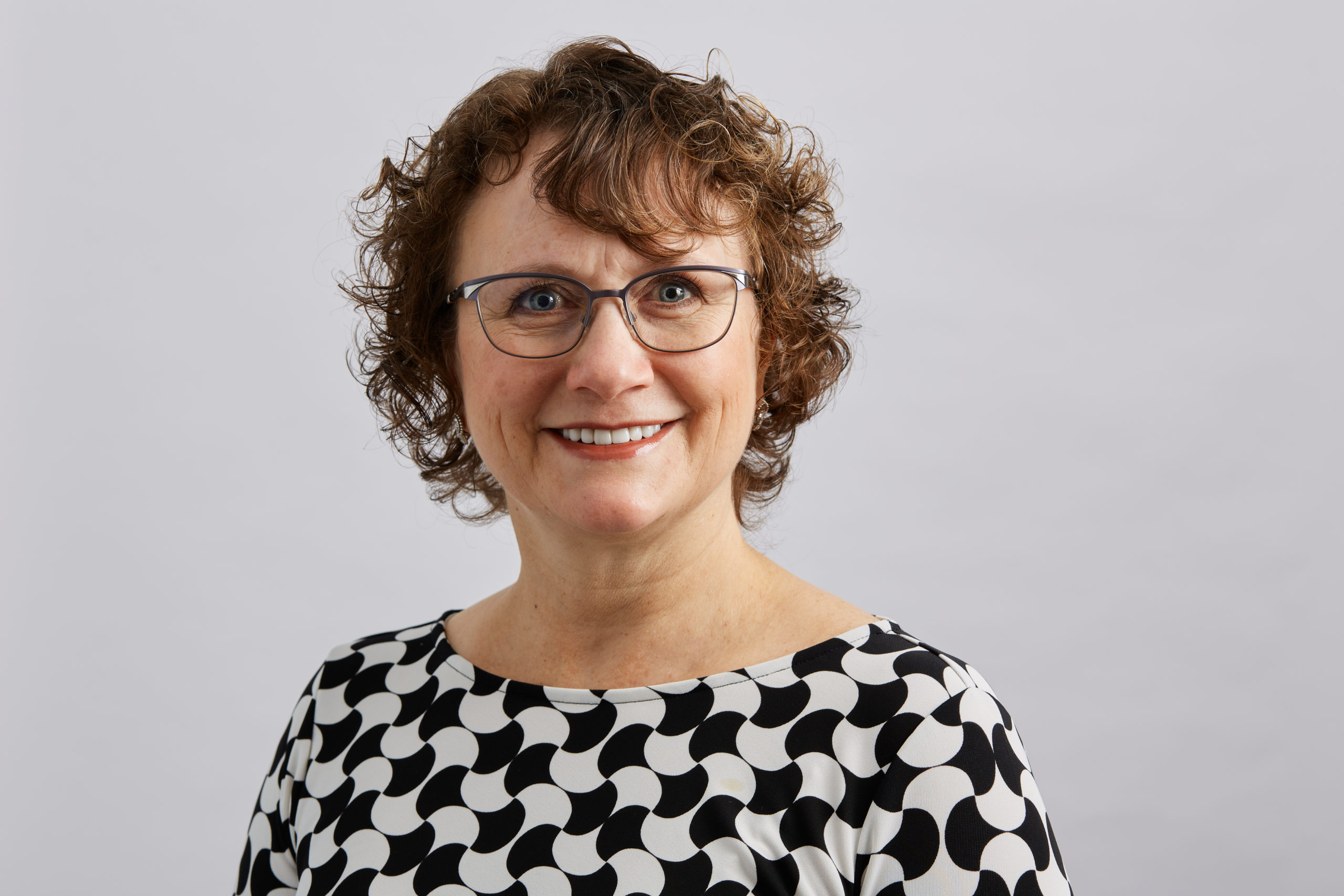
Croda joined TfS in March of this year, becoming its 30th member. Time for an interview with Michelle Fargen, Croda’s Global Head of Procurement and Sustainable Sourcing.
Michelle believes that the challenge all organisations face is getting “joined up” within each of their supply chains. “From harvest to transport to manufacture to transport to final product use, there are so many handoffs within any single supply chain. We can make the biggest impact only if we are all working together”.
In TfS Michelle hopes to find the opportunity to collaborate with likeminded, sustainability focused peers. “Being a member of TfS … gives Croda access to a great network of professionals in planning and building a strong and strategic infrastructure.” As a procurement professional working among many chemists, she now has access to the other procurement professionals within TfS, to share best practice and knowledge with. Together, Michelle hopes to gain a solid network of colleagues who can work with her and individuals within Croda to solve complex sustainability challenges and jointly capture opportunities.
It is all about stepping away from transactional relationships and really working on long-term strategies and joint impacts. Says Michelle … “A long-term benefit will be alignment of the management of membership supply chains within the chemicals industry to capture the greatest sustainability benefits for our industry and our planet.”
Congratulations with your TfS membership. Can you introduce Croda and yourself to our global audiences?
Croda creates, makes, and sells specialty chemicals that deliver benefits to a range of diverse products within the Personal Care, Crop Care, Health Care, Performance Technologies, and Industrial Chemicals sectors.
My position as Global Head of Procurement and Sustainable Sourcing is a newly added senior leadership role at Croda. In this role I am responsible for joining up the independent procurement teams at all Croda sites across the globe with a focus on sustainable procurement. As a result, we will achieve intimate knowledge of our supply chains, collaborate with all parties within them, and gain complete transparency and traceability throughout.
What does it mean to Croda to become a TfS member?
Joining TfS sends a strong message to our internal teams and external stakeholders that sustainable procurement and our supply chains are critical in us meeting our 2030 Commitment to become Climate, Land, and People Positive. Because global procurement and sustainable procurement leadership are new roles within Croda, being a TfS member also means that I have access to a great network of professionals in planning and building a strong and strategic infrastructure. I am a procurement professional working among many chemists, and it is great to have access to the other procurement professionals within TfS, to share best practice and knowledge with.
Can you describe your view on sustainability in supply chains globally?
I have worked in procurement for many years and there was a time when sustainability was something organisations aspired to but could not consistently define. No one was joined up in working towards common goals. With the finalisation of the United Nations Sustainable Development Goals, there is now a consistent strategy and definitions that all organisations can adopt. The challenge all organisations face is getting “joined up” within each of their supply chains. From harvest to transport to manufacture to transport to final product use, there are so many handoffs within any single supply chain. We can make the biggest impact only if we are all working together. Any one aspect of a supply chain can disrupt the sustainable work of others within the chain. This is truly a Better Together approach in that we need to implement with all parties along all supply chains to improve our overall performance.
Can you describe your approach to sustainable supply chains and sustainable procurement?
In my new role, I am starting new discussions with suppliers. Every discussion thus far has uncovered a mutual desire to improve sustainability performance. I have made it clear that my big expectations are alignment with our strong ethics and sustainability standards, honesty, and transparency. If we are honest about our business objectives working together, we can step away from transactional relationships and start to talk about long-term strategies and joint sustainability impacts.
You are a relatively small, less complex, more agile organisation versus some of the older TfS member companies. In which way, if any, does this affect your approach to sustainable supply chain?
(smiling) Croda may be smaller in size and agile in its responsiveness, however we are a complex organisation with complex supply chains. The success of Croda has been led by the entrepreneurial spirit of its leadership and site teams. Each site, each function, each product, and each customer is very unique and creates a lot of healthy complexity and challenges when implementing global changes. The Croda senior leadership team did an amazing job of setting the sustainability commitments for the organisation and going through a process to engage every function and every level to ensure we are all working towards common sustainability objectives. Therefore, gaining stakeholder and customer buy-in to make changes to positively impact sustainability should not be much of a barrier. We have an in-house distribution model which means we hear firsthand the sustainability requirements of our customers and can respond more quickly but it has its own complexity. Our customers recognise they cannot achieve their sustainability targets without Croda, in turn we need our suppliers. My focus will be on engaging and educating our complex and diverse supply chains to understand the requirements to continue to do business with Croda.
What drove you to take the decision to join TfS and why TfS in particular?
Together for Sustainability is an incredible organisation for Croda in that it perfectly aligns with my new role and our strong desire to leverage procurement and supply chain partnerships in achieving our 2030 Commitment. We have ambitious sustainability targets and to meet these a commitment to helping achieve the UN SDGs, and SDG 17 in particular, is crucial. TfS will give Croda, and myself, the opportunity to collaborate with likeminded, sustainability focused peers and thus far I have been very impressed with the professionalism and processes I have seen through the Best Practices sharing. While we may compete or have existing commercial relationships with other TfS members, we are all aligned and working together to help make a positive impact.
What does your company expect to gain from the TfS membership, how do you see the mid-to long term benefits from TfS membership?
Initially, Croda expects the TfS membership to help expedite our journey to sustainable procurement excellence. We hope to gain knowledge of Best Practices from organisations with established programs. We also hope to share many of the great sustainability projects done at Croda. A long-term benefit will be alignment of the management of membership supply chains within the chemicals industry to capture the greatest sustainability benefits for our industry and our planet.
Taken the TfS approach into account, what do you hope to achieve in your network of partners?
I hope to gain a solid network of colleagues (and potentially friends) who can work with me and individuals within Croda to solve complex sustainability challenges and jointly capture opportunities. I would like to have transparent relationships where we can openly share information regarding sustainability topics and what has worked/not worked within our organisations and supply chains.
Which challenges, opportunities do you anticipate encountering when rolling-out TfS in your organisation?
Being new to the organization I need to quickly create an infrastructure aligned with TfS to ensure we are getting the value we want and also sharing our value that I have committed to TfS. We have sustainability champions throughout all functions of the organization, and a big focus for me will be to get them to understand and engage with our work with TfS
TfS is a member-driven initiative: CPO and other professionals of the TfS member companies drive the initiative forward and shape the future of the chemical industry. What are your thoughts on this?
Through UN SDG 17 Partnership for the Goals, CPOs have the biggest opportunity to influence supply chains, both upstream and downstream. Procurement has become a highly strategic function that includes many relationships within and outside of the organisation they support. This collaborative approach leads to trust and understanding of stakeholders, which then leads to buy-in of new ideas. However, a CPO cannot do this alone because a lack of support from senior leadership can be a barrier to any new ideas, especially those that may raise costs. I am a CPO with 100% support from Croda leadership teams, and TfS requires this assurance when selecting its membership.
Where do you see yourself contribute to the TfS initiative, also take your sustainability expertise into account?
I was hired by Croda primarily for my procurement expertise. I have previously worked within an organisation over many years to build a strong and mature procurement function and implement many new ideas on behalf of senior leadership and clients/customers. Many of these ideas were centered around sustainability—from being a market leader offering cage-free eggs to creative uses for “ugly” fruits and vegetables to prevent waste to being a leader in social enterprise partnerships. A key contribution will be through my expertise in implementing complex projects within complex organisations. Because I come from an industry outside of chemicals but very much aligned to many chemicals supply chains, I believe I can also bring a new perspective to TfS projects.






